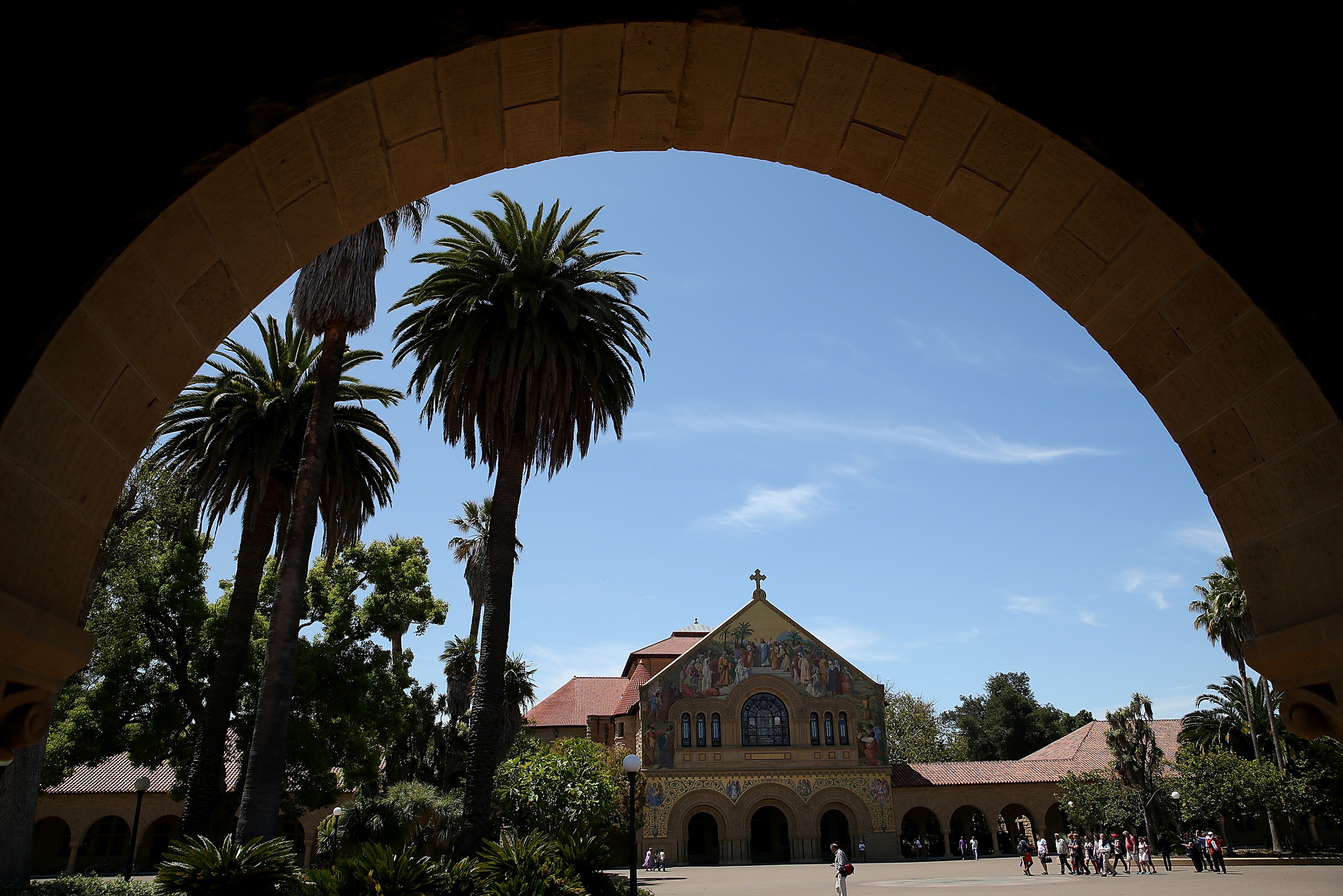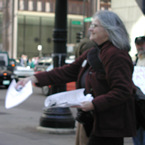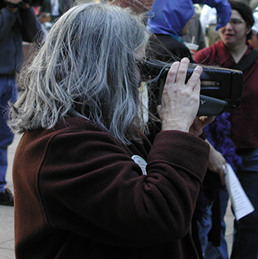 From the New York Times Magazine, Michael Sokolove on the trials of Graham Spanier, Penn State’s ousted president. The coup that failed: Talbot Brewer on how the near-sacking of a university president exposed the fault lines of American higher education. Avoiding disastrous presidencies: Ry Rivard reviews Presidencies Derailed: Why University Leaders Fail and How to Prevent It by Stephen Joel Trachtenberg, Gerald B. Kauvar and E. Grady Bogue.
From the New York Times Magazine, Michael Sokolove on the trials of Graham Spanier, Penn State’s ousted president. The coup that failed: Talbot Brewer on how the near-sacking of a university president exposed the fault lines of American higher education. Avoiding disastrous presidencies: Ry Rivard reviews Presidencies Derailed: Why University Leaders Fail and How to Prevent It by Stephen Joel Trachtenberg, Gerald B. Kauvar and E. Grady Bogue. There’s the war on college, and then there’s Rick Perry’s war on the University of Texas. Nicholas Lemann on the soul of the research university. From Polymath, a special issue on being a professor (and part 2). The teaching class: Rachel Riederer on how teaching college is no longer a middle-class job, and everyone paying tuition should care. What do college professors do all day? Lisa Wade investigates.






.jpg)













